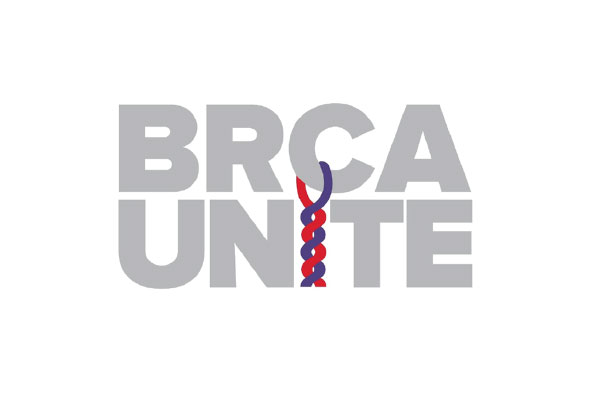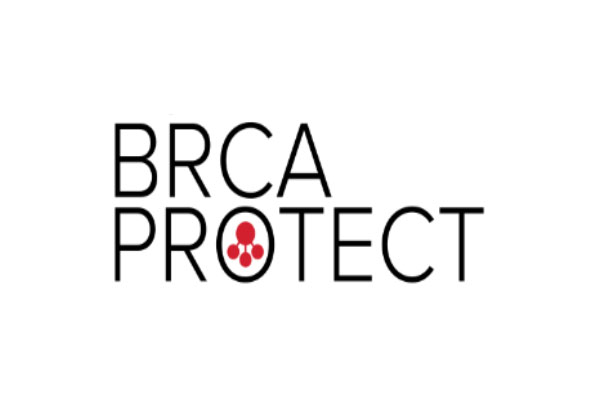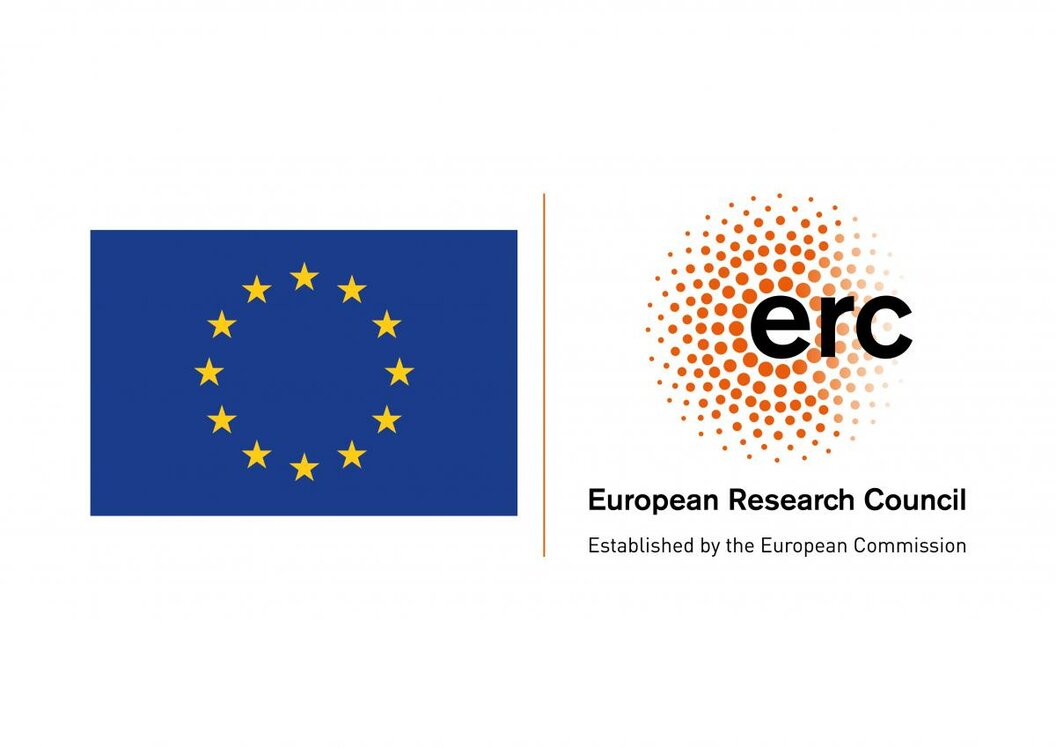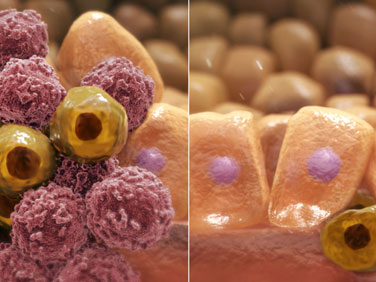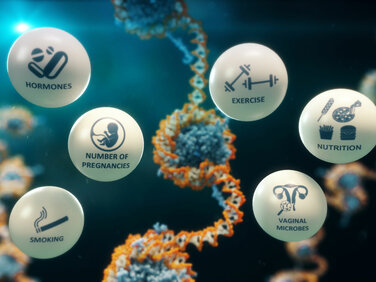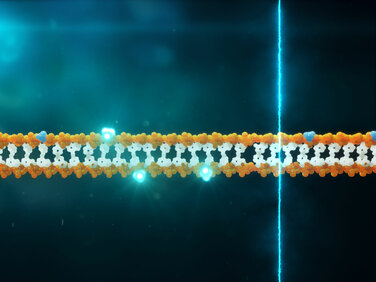In BRCA UNITE, we aim to characterise cell non-autonomous factors contributing to cancer development in BRCA mutation carriers. In the BRCA PROTECT project, we aim to elucidate the role of cell non-autonomous factors in reprogramming the epigenome in at-risk tissues.
Germline mutations in BRCA1/2 and Lynch syndrome impair the capacity to repair DNA, ultimately resulting in cancer development. If this were the only mechanism of cancer predisposition in BRCA1/2 mutation carriers, a large number of tissues, including but not restricted to other hormone-sensitive tissues and tissues with high mitotic rates (e.g. colon or bone marrow), would be expected to show elevated cancer risk in such carriers in addition to breast and ovarian cancers. This is definitely not the case in humans.
We are working to identify and further characterise so called cell non-autonomous factors in BRCA mutation carriers (BRCA UNITE) and elucidate their role in reprogramming the epigenome in at-risk tissues (BRCA PROTECT). Cell autonomous factors originate from the hormone or immune systems or from the gut microbiome; these systems produce factors that eventually have an impact on the organs at risk (i.e. breast or Fallopian Tube in BRCA carriers and the endometrium in Lynch syndrome patients).



